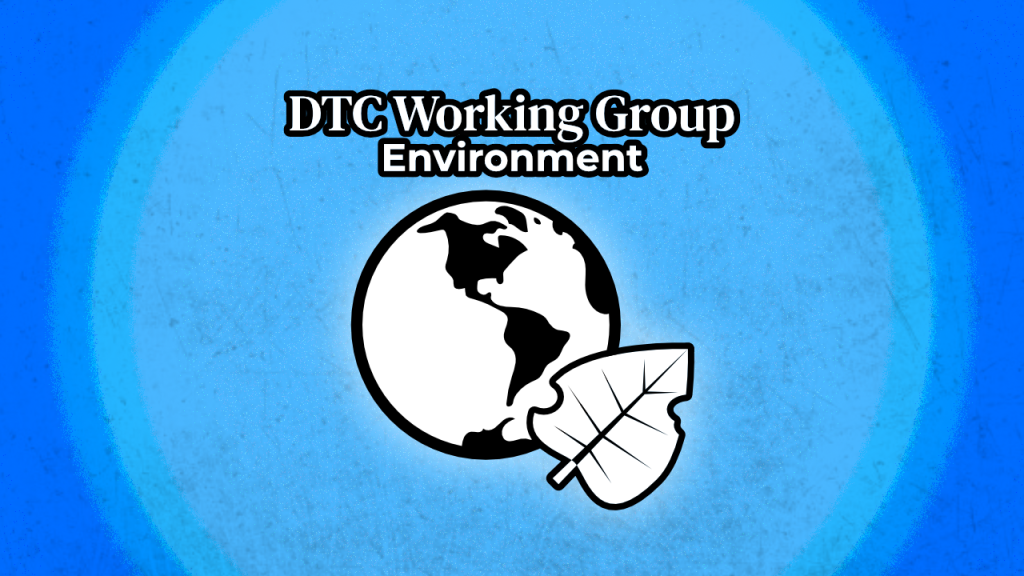What happens when the Federal government systematically dismantles and defunds programs that compensate you for helping to fight climate change and reduce pollution?
Ridgefielders Are Finding Out
The Federal rebate for purchasing an electric vehicle (EV) ends September 30, 2025—just weeks away, instead of in 2032 as originally established through the Inflation Reduction Act of 2023. Why? Because in early July 2025, a razor-thin majority in Congress voted to end the EV incentive seven years early. (See here a recent Congressional Budget Office analysis of the environmental and economic factors associated with incentivizing electric vehicle purchase/use.)
That’s not all. On December 31, 2025, the 30% Federal tax credit for residential solar installations will expire. Tax credits that support home energy efficiency, heat pumps and battery storage systems—technologies that reduce dependence on fossil fuels, help homeowners save money and provide jobs in clean energy product manufacturing and installation—will also be terminated at year’s end.
And just a few days ago, Donald Trump halted progress on the nearly-complete wind farm off the coast of Rhode Island, which was slated to power more than 350,000 homes in our region.
Why is this happening? Is the intent to enrich the oil and gas industry? To cede leadership in clean energy to other countries? To punish those of us trying to take personal action against climate change? To stop us from cutting household energy costs for decades to come?
Whatever the reasons, the outcome is clear: Americans are being discouraged from making the switch to cleaner, cheaper energy.
Did You Know?
- Ridgefield has nearly 1,000 EVs (battery electric + plug-in hybrids) registered—about 5% of all vehicles in town.
- We have about 330 residential and 22 non-residential solar arrays—roughly 10% of Ridgefield’s potential for solar generation.
At the town level, Ridgefield’s own clean energy projects are currently saving $280,000 annually in avoided energy costs over the next 20 years, thanks to Ridgefield’s 12 existing solar installations on town properties. These include the high school parking lot’s solar canopy, plus the arrays on eight school rooftops.
Thankfully, Connecticut still offers some state-level incentives to help weatherize homes, reduce energy waste and cope with high energy bills. Individuals, businesses and municipalities can get help through EnergizeCT, an initiative of the Energy Efficiency Fund, the Connecticut Green Bank, the State of Connecticut, and our local electric and gas utilities (funding comes from a charge on customer energy bills). People’s Action for Clean Energy, a 501c(3), provides outreach and education on clean energy, including energy assistance programs.
Clearly, as the Republican-controlled Federal government backtracks on climate resilience and clean, affordable energy solutions, local and state-level Democratic leadership on environmental and energy policy is more vital than ever.
Do you—or someone you know–have a personal story to tell about how Federal actions are affecting you or your neighbors right here in Ridgefield? Please contact us at tellmystory@ridgefielddems.org. We want others in the community to know your real-world story—which we promise to hold in confidence and tell unattributed—because Ridgefield Democrats work for you.
